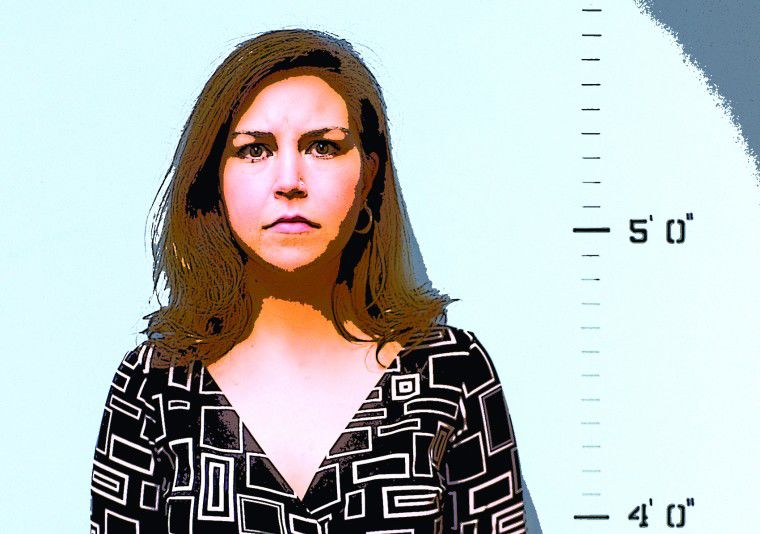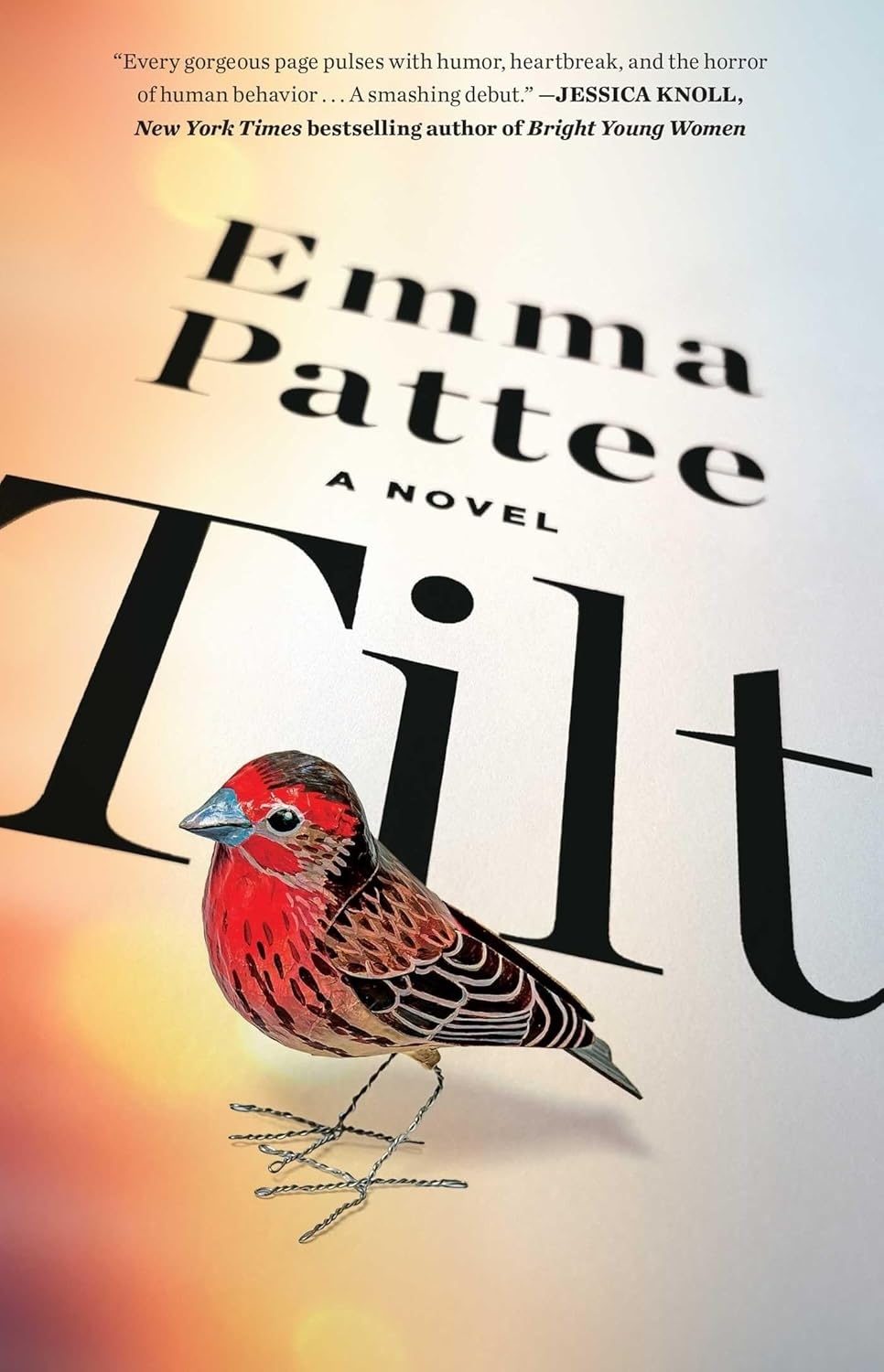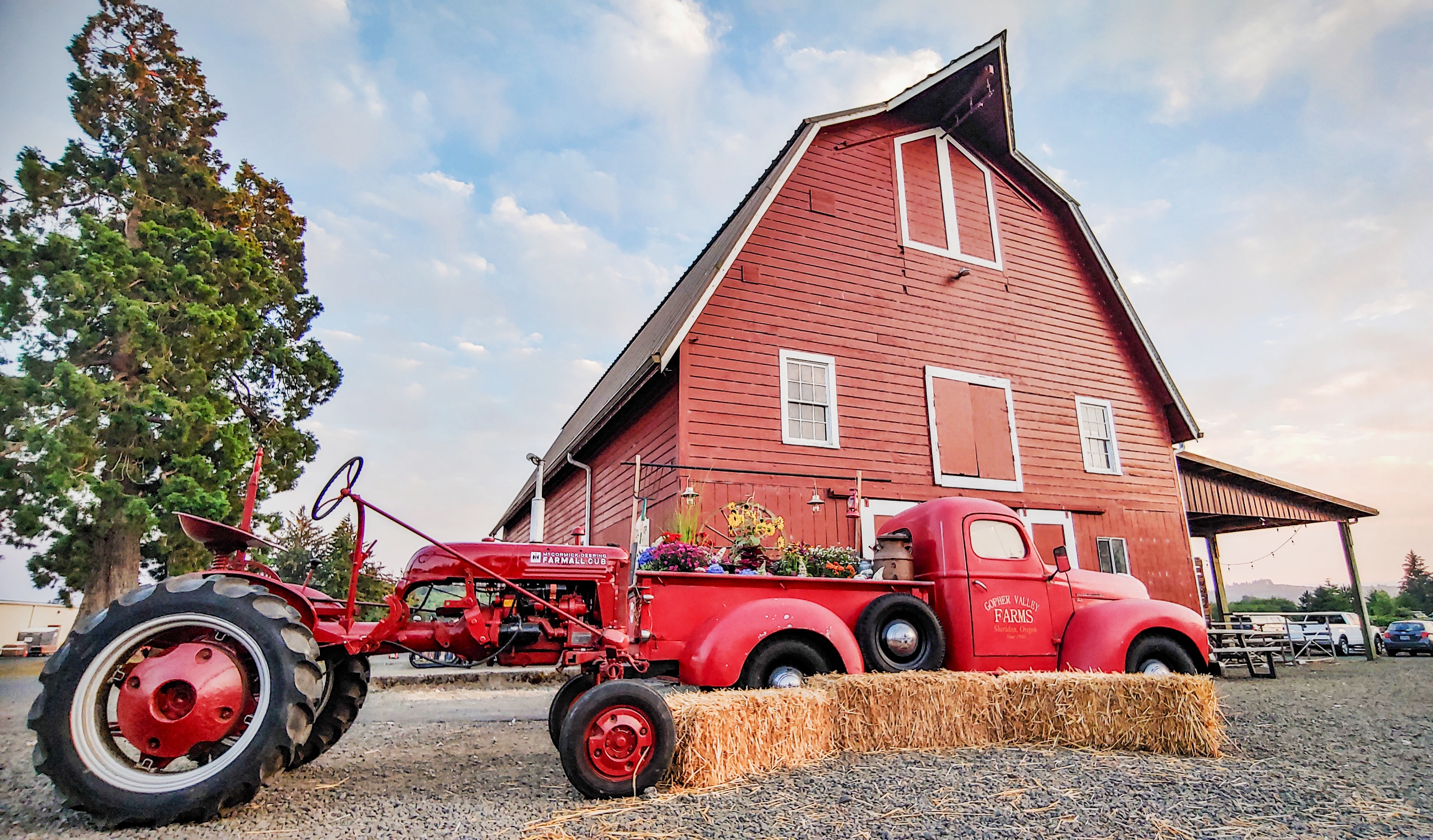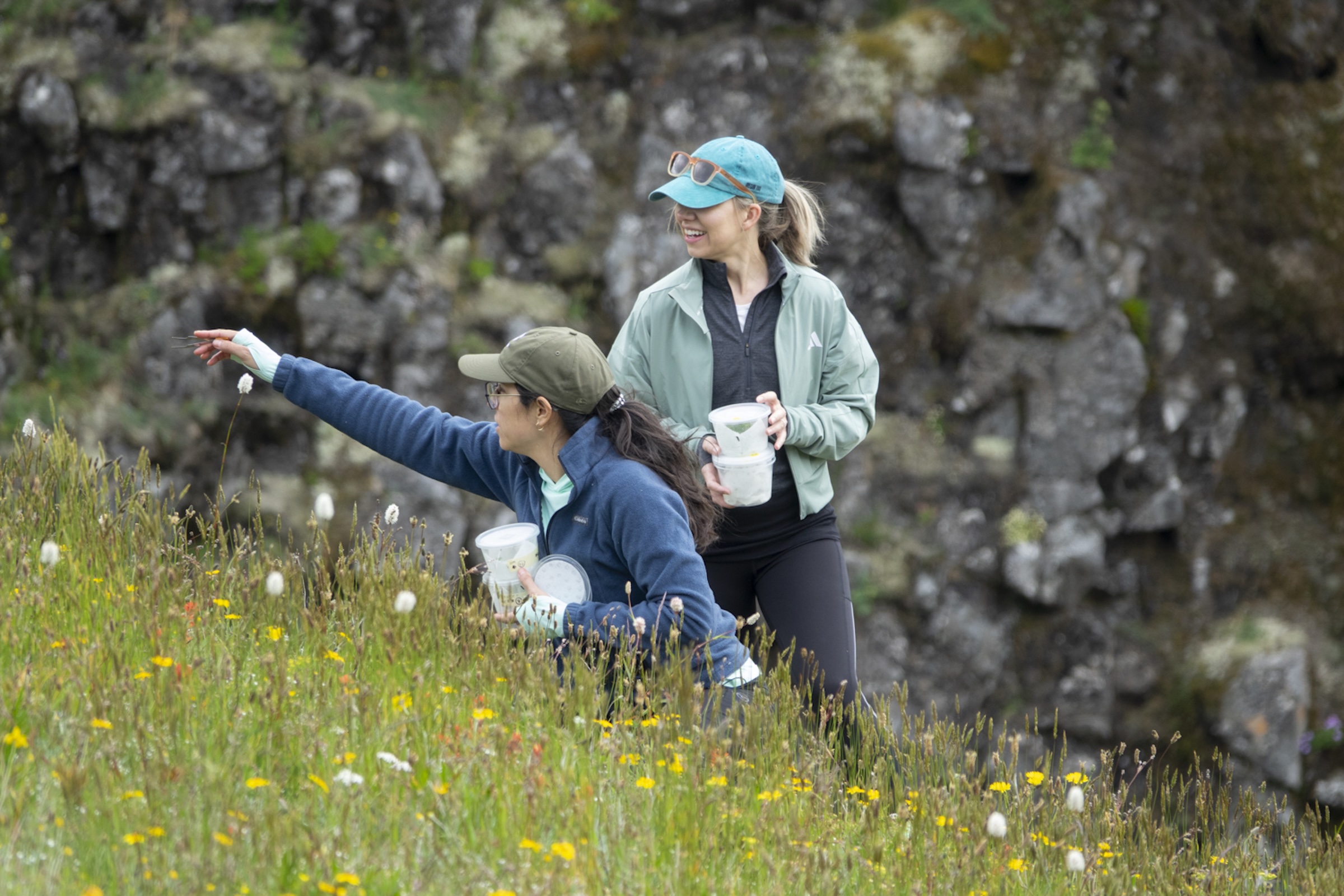Love & Murder in Astoria, Chapter Two
Published 5:22 am Thursday, July 28, 2011

- <p>Julie Thomas stands still for her picture after being brought to the police station to give her statement.</p>
This was not in my horoscope, she thought. “Unexpected serendipity.” That was the forecast she’d read over breakfast.
Trending
At the police station, her fingerprints were scanned electronically, her picture taken, her statement given. Then Julie was ushered into a mirrored interrogation room to wait. And wait some more. Her stomach churned like in the fifth grade when she waited more than an hour in the principal’s office because her skirt didn’t cover her knees. “He wanted to stew you in your own juices,” her mother said at the time.
She cradled her head in her hands and covered her eyes. But only for a moment. Her mind’s eye showed her again the bloody hole in Patsy Engbretsen’s mortality.
At long last, the door opened and she was taken down the hall to an office where Police Chief Monsen stood reading her statement. Her purse and all its contents were neatly arranged on the mahogany desk in front of her. He turned from the paper and scrutinized her from head to peep-toe pumps.
Trending
“Sit down, Miss Thomas.” He held up a cash register receipt. “You had Swedish pancakes with lingonberries. You paid at 9:26. And, fortunately for you, your waitress remembered you.” He smiled. “This woman in the ladies’ room. Dark glasses. Straw hat. Was she wearing earrings?”
“Uhh …” Her recollection was fading like hours after a dream. “Her hair was pulled over her ears … I think …”
“Says here she reminded you of Lauren Bacall?” He laughed. “Not Faye Dunaway?”
“I I only glanced at her.” Uncertainly, she asked, “Am I a suspect?”
“No. Your taxi driver stated he didn’t hear a shot. But we’ll need to keep your purse and everything in it except this.” He handed her a hundred-dollar bill.
“My credit cards? My cell phone? My camera?”
“Sorry. Pro-ce-dure,” he enunciated. “Have to follow pro-ce-dure. It takes manpower for a proper investigation and we’re shorthanded. And the medical examiner won’t be back in town for a couple hours.”
“But how can I do my work?”
“Come by at noon tomorrow. We’ll release whatever we can. You’re free to go.”
Julie started toward the door. Monsen’s words stopped her. “Oh, Patrolman Oleson searched your hotel room. We impounded your laptop computer. Sorry. Pro-ce-dure. Enjoy your stay in our fair town, Miss Thomas.”
Outside the station, Julie was surprised to find Matt leaning against the taxi. “Need a lift, lady? The meter’s still running.”
“What?!”
Grinning, he opened the rear door. “Just kidding. I’m off the clock. Can I drop you somewhere?”
“Yeah … thanks.” She slid into the back seat. Matt got in and turned the ignition. “Where to?”
“Huh?” Their eyes met in the rear-view mirror. Instinctively, she reached for her purse. Without its plentiful diversions, she felt vulnerable. Exposed. Naked.
“Back to the hotel?”
“No … drop me off downtown.” Better to do some work than fret in her room, she thought. The taxi turned right and glided west along Lief Erickson Drive. Her eyes were open but she barely registered the passing scenery. They rode in silence until Matt pulled to a stop on Ninth Street.
She stepped out and said, “Wait just a second. I’ll get some change in Papa Murphy’s.”
“Don’t worry about it, lady,” Matt said mischievously. “I know where you live.”
***
Julie intended to walk to the Capt. George Flavel House, a meticulously restored Queen Anne style home built in 1884 by one of Astoria’s most intriguing characters. But she couldn’t get near the place. A movie shoot was in progress. She joined dozens of onlookers behind a block-long rope barricade.
A cameraman suspended in a cherrypicker basket captured the action on the third floor widow’s walk. A young woman in Victorian dress, babe in arms, paced back and forth, then stopped at the railing and gazed longingly toward the river. A man entered and was rebuffed in his efforts to hold the baby. He reacted angrily and exited, leaving the sobbing young woman clutching the babe tightly.
“What’s the movie?” she asked no one in particular. “Shhh … The Fisherman’s Bride,'” no one in particular replied.
The scene was run again and again. The director was a demonstrative man with unruly black hair and beard. Between takes, he barked up at the actors and pounded his palm with his fist and thrust his arms dramatically toward the heavens. She recognized him: Jacob Stein. Once Oregon’s homegrown wunderkind, of late he’d become a somewhat petulant prodigal son. She had read somewhere that he’d recently bought a house in the area.
During a break in the shooting, Stein picked up binoculars and slowly surveyed the onlookers. Now and then, he said something to a gaunt, straw-haired assistant, who nodded.
Movie making is quite boring, Julie decided. She was about to leave when she saw Stein’s assistant hurrying toward her.
“Excuse me,” he said with a distinct East European accent. “You want to work on movie?”
“Me? … Huh. Sure … why not?”
He snapped her picture and wrote down her name and phone number. With a shrug, he said, “Maybe we call. Or maybe not. You never know.”
Julie was famished. She headed toward the Holiday Inn Express, dreaming of a hot bath and delivery pizza. She wondered. Could she do what no one had been able to do? Could she get an interview with Oregon’s most famous recluse? Maybe this was her unexpected serendipity. Or maybe not. You never know …
***
To her surprise, Matt was sitting in the lobby. He wasn’t smiling.
“I still don’t have change,” she said sheepishly. “I’ll ask at the desk.”
“Forget about it. Listen …” He paused and pursed his lips. “I spoke with Oleson. He watched the hotel’s security tapes. I’m not sure what it means, but your mystery woman wasn’t on them.”









